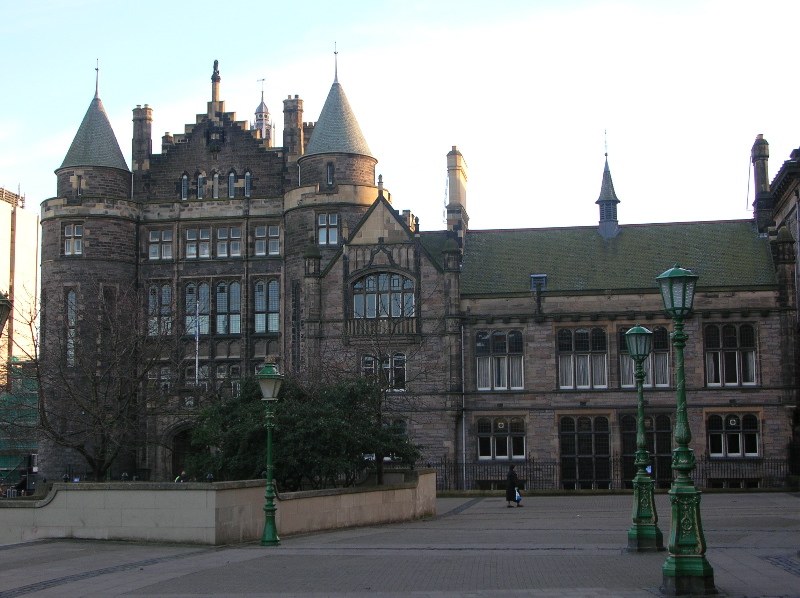Banning 'Blurred Lines' Won't Kill Rape Culture

Robin Thicke's "Blurred Lines" has been such a buzz topic in the last couple of weeks that it’s practically vintage at this point.
However, the University of Edinburgh considers it too mainstream and unsafe for the ears of their student body. The song was thought by the Edinburgh University Students' Association to “trivialize rape and by doing so contribute to a culturally permissible attitude to rape which is disgusting and cannot be allowed by our union."
What is more, it appears to be becoming a trend, with the University of Leeds jumping on the censorship boat. The two UK institutions have banned the song from being played at school functions.
While there are clearly a lot of things wrong with the song and music video, it’s time to discuss just how much of an influence it has on the younger generation. More importantly: how much of an influence authority figures, organizations, and parents are willing to let it have on the younger generation. Yes, there is a lot wrong with Thicke’s “magnum opus.”
But there is also a lot wrong with just about 80 percent of music on the air right now.
Why is only "Blurred Lines" taking the brunt of the angry mob? Because it’s currently popular and to be made an example of? What about songs from the past and present that also explicitly promote violence and irresponsible sex? Does that mean we should ban those as well? What does it say about us as a generation-raising society when we'd rather delete problems than face them head on? We are not teaching our posterity to be media-literate if we don't give them anything to work with. We are teaching them to ignore things that they don't like (even those affecting many others in a negative manner)—something contrary to the anti-rape/consent culture parents, students and organizations seem to want to promote.
Removing one song from a DJ’s set list isn’t enough to tackle the larger issue at hand. It isn’t enough to deafen the ears of college students to the sounds of Robin Thicke’s bigoted lyrics. Instead, ears need to be opened and exposed to more than just "Blurred Lines." It is in times of moral turmoil that there should be a call for self-education and thorough research of important current events that affect everything from daily lives to far-off futures. Taking things away just doesn’t cut it when the problem is systemic and widespread.
Put simply, the current finger-pointing of parents and authority figures at the media is pushing the boundaries of shared responsibility. Reactions to spectacles like these have placed an overwhelming blame on celebrities, as if they were the sole figures responsible for influencing young people.
While media does, in fact, have a large impact on the younger generation, it is time that parents, schools and other authority figures stepped up to the plate and had a talk about rape culture and the dynamics of consent and respect without having to blatantly censor things that appear in popular culture.
It’s time that they understand that it takes a village to raise a child—not just Robin Thicke.
Reach Contributor Judy Lee here.



